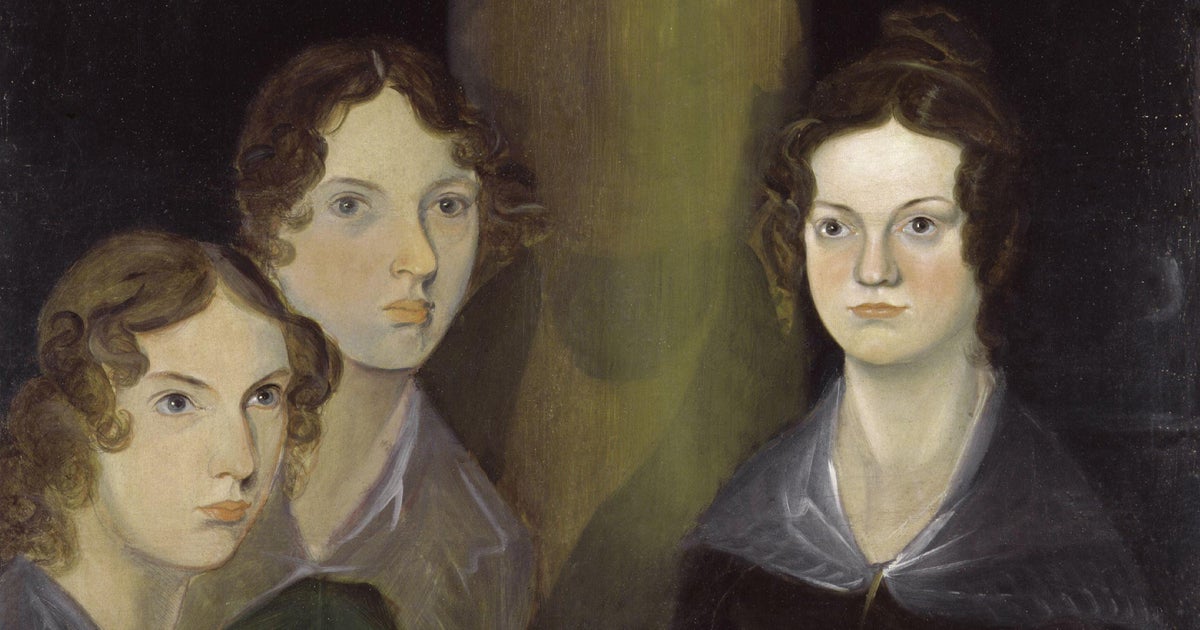My investment in FKR over the few threads we've had on it recently amounts to, "hey, I found this blog post with some interesting and provocative ideas." I'm experiencing the collective response to be something like, "No! That blog post is
objectively uninteresting!!"

That is, from what I can gather the people in this discussion who find some of these ideas interesting are not evangelists for the FKR brand, or at least I am not. My 'criteria' when I read these blog posts is that there may be an idea that is thought provoking and provides a new perspective that I could bring to my game (e.g. do I need this gigantic keeper's book for Call of Cthulhu? Here's a "Cthulhu"-themed game that's four pages. In fact, here's a short story by Lovecraft, let's just start there. etc). Whereas others are asking/demanding that whoever is in charge of this dang FKR movement to provide a thesis statement and a coherent articulation of core principles using the existing lexicon of rpg theory and vis-a-vis all other forms of rpgs on the market.
Put differently, I'm personally interested in playing an FKR game (either one of the specific games marked FKR on itch, or more likely just a game in an FKR-style). Very little that has been said this discussion gets me closer to that goal of running a successful FKR game, mostly because the criticism of these games are coming from people who have already decided that they would not like to play these games or in this particular style.
I will say part of what appeals to me, probably, is exactly the qualities that annoy other people, namely the incoherence and incompleteness of it all. In that it way its overall aesthetic is probably an extension of the "-punk" aspect of the osr, plus the youthfulness of diy spaces like itch and discord (and, certainly, that corner of the osr is not without its very serious problems! Hopefully we are more attuned to that now).
Similarly it has been posited that the fkr ideas are nothing new. Putting aside that this is a somewhat odd criticism to make of a 'movement' that makes explicit and constant reference to the 70s (19- or 18-...), it is perhaps apt in that I see, in between the lines, a gesture of forgetting and unlearning. There is something of a fascination of the hobby in its pre-1974 childhood, or to our actual childhoods, seeing in them both the core of our "play-pretend" games and also a space that had not yet been overly defined. The aim might be to recapture that exploratory mode.
Somewhat of a leap, but I'll mention I teach young people for a living, and their political sensibilities are inchoate, exploratory, sometimes predictably idealistic. One might be inclined to always ask of them, "but what is your agenda? What are your principles? But all of this has been tried before, and you are doomed to failure. You need to be practical." And of course youthful energy can be co-opted in a number of ways. On the other hand, this is to somewhat miss the point, and there is always something in their inclinations that seems essential even if they cannot always cogently articulate it.
But what about your bookshelf full of novels? Or of history books? Could those be thought of as game books or as setting books?

I totally don't believe you! Weren't you arguing that fkr was tyrannical in its implicit micro politics?
re: invisible rulebooks. I understand them to the be the "rules" around genre. How do we know when we are reading a hardboiled noir novel vs a more conventional mystery novel? How do we know when we are listening to slowcore vs postrock? Further, as someone who teaches literary genre, I've found that you can try to enumerate key features, tropes, and styles, but that all these attempts at hard delineation, to make the "rulebooks" visible, as it were,, are less useful than to proceed through reading (or listening, or watching). In other words:
yep
That's interesting! Do you have any links to these guidelines and such? I believe some of this was the reference point for "OC" style games, but I missed out on that whole phenomenon, being out of the hobby for most of the current century.
Not really related to the point you are making here, but I do notice an interesting double movement in the criticism in this discussion. There is 1) the criticism that FKR cannot be distinguished from other rpgs and, seperately, 2) criticisms of the fundamental presumptions of the role of the gm and player in fkr games. The interesting effect, for me, has been that the criticism in this discussion has moved away from FKR specifically (because, per (1), it lacks specificity) and to some of the foundational aspects of role playing games as a distinct medium more generally (for example, the digression where
@overgeeked posted the definition/explanation of the core elements of an rpg as provided by the dnd 5e phb, but without explicitly marking it as such. Leading to criticisms that applied equally well to FKR--a ultra niche set of games that next to no one is playing--and 5th ed dnd, the most historically popular rpg on the market).



